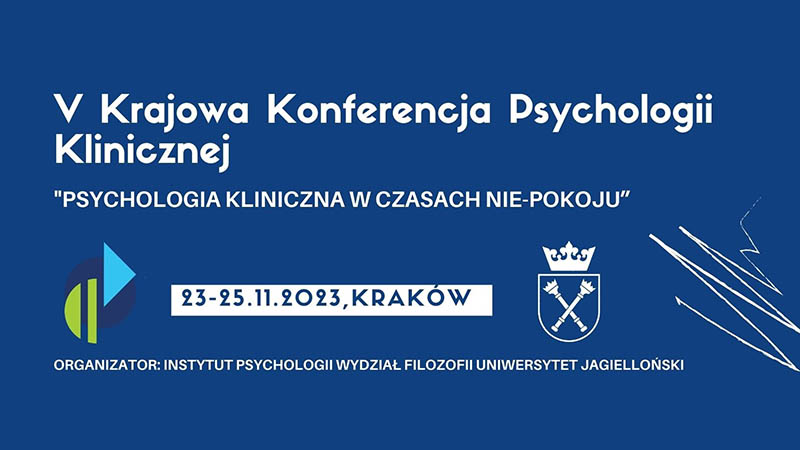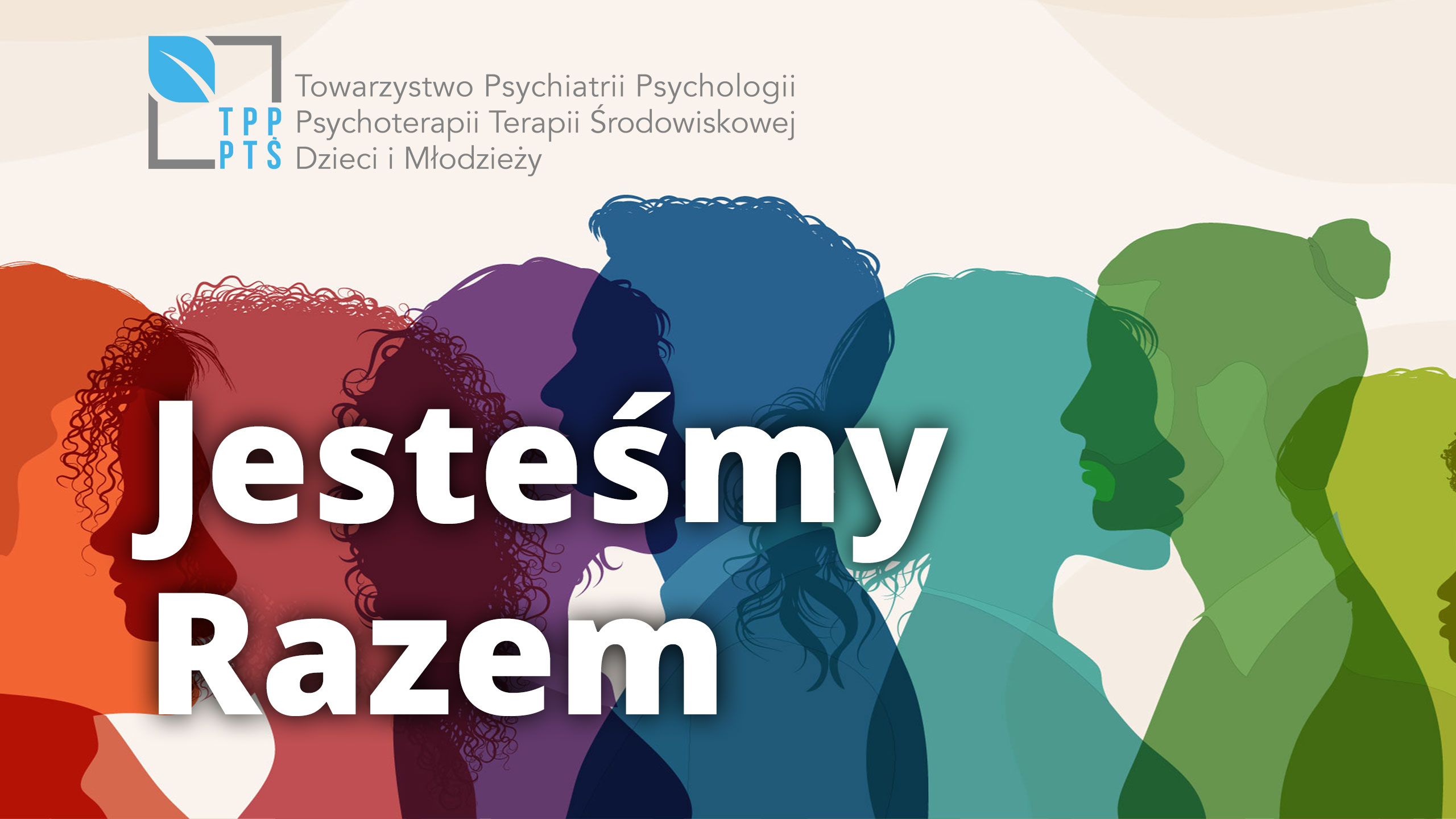Attention-deficit/hyperactivity disorder in children – the role of psychoeducation in longitudinal study
Halina Kądziela-Olech
 Affiliacja i adres do korespondencji
Affiliacja i adres do korespondencjiAttention-deficit/hyperactivity disorder (ADHD) is a neurobehavioral disorder characterized by excessive restlessness, inattention, distraction and impulsivity. Currently, there are two terms for his disorder: attention-deficit/hyperactivity disorder – ADHD (DSM-IV) and hyperkinetic disorder – HKD (ICD-10). ADHD in childhood can persist into adolescent and adulthood with long-term negative outcomes. The aim of treatment for ADHD is to decrease symptoms, enhance functionality, and improve well-being for the child and his or her close contacts and to prevent other psychopathology. Psychoeducation is a paradigm, which includes information about the illness and its treatment. Educating parents to apply consistent behaviour modification techniques at home can help improve to children with ADHD. This study was aimed at assessment remote consequences of psychoeducation in ten years observation of children with ADHD. The treatment was conducted during periodical visit (at 4-weeks intervals) with application of psychoeducation for parents and elements of behavioural therapy. The effects of the psychoeducation were evaluated after 12 months and ten years of its duration. The results were statistically analysed. Research finds that psychoeducational interventions are effective in preventing relapse and improving social functioning. The relevance of psychoeducation has long been recognized as an important part of effective treatment for ADHD. The parental psychopathology entail restrictions of effective therapy.















